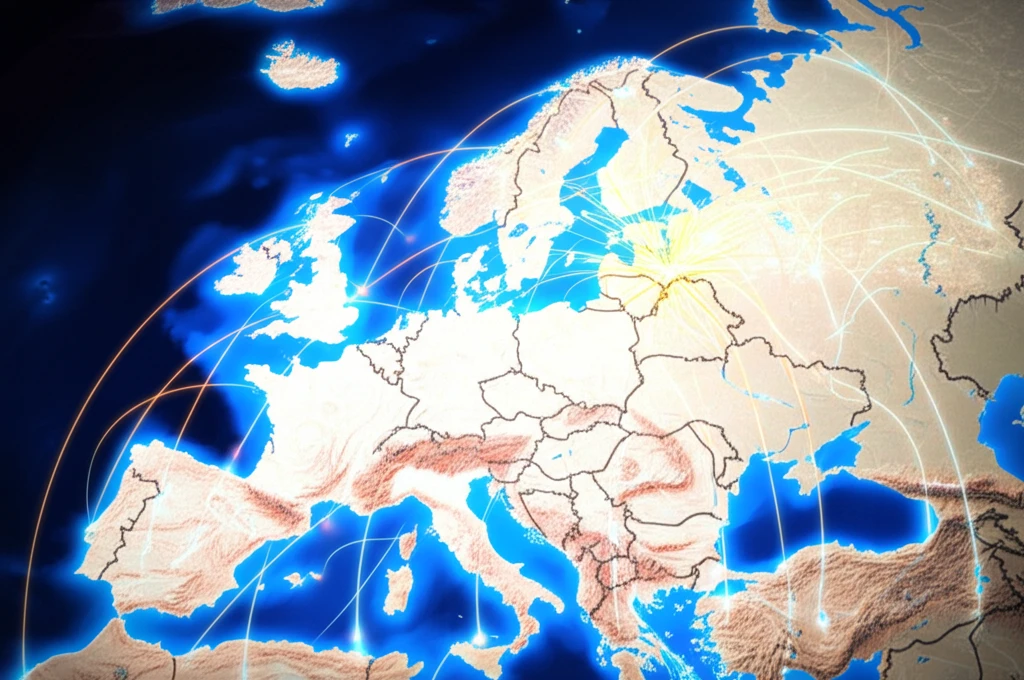
Decoding Electricity Prices: Can Austrian Insights Predict European Markets?
"Explore how Austria's EXAA market data could offer a sneak peek into European electricity price trends, potentially giving traders a competitive edge."
In the dynamic world of energy trading, staying ahead means looking for every possible advantage. Electricity, a fundamental commodity, is traded across borders, particularly in Europe, where market integration is rapidly evolving. Understanding the factors that influence electricity prices is crucial for traders and energy companies alike.
One interesting area of investigation is the potential influence of smaller electricity markets on larger regional trends. This article explores the relationship between the Austrian Energy Exchange (EXAA) and other European electricity markets. Specifically, we'll examine whether EXAA data, released earlier in the trading day, can provide insights into price movements in markets that settle later.
The core question is: can information from the EXAA market be used to improve forecasting models for electricity prices in other European countries? We'll dive into the research that investigates this connection, exploring the models used, the findings, and the implications for energy market participants.
Is Austria's EXAA a Crystal Ball for European Electricity Prices?

Researchers have been studying the interconnectedness of European electricity markets for years. Previous studies have demonstrated that markets are increasingly integrated, meaning that price fluctuations in one country can affect prices in others. Germany, in particular, has been identified as a key player, with its electricity market often transmitting price signals to neighboring countries like France and Italy.
- Timing is Everything: EXAA releases day-ahead prices before many other European exchanges.
- German-Austrian Connection: EXAA covers the same region as part of the European Power Exchange (EPEX), specifically Germany and Austria.
- Early Insights: EXAA prices are revealed around 10:20 PM, giving traders a window before EPEX submissions close at 12:00 PM.
The Future of Electricity Price Prediction
The research suggests that incorporating EXAA price data can indeed improve electricity price forecasting models in several European markets. This highlights the importance of considering market interconnections and leveraging available information to gain a competitive edge. As the European electricity market continues to integrate, understanding these relationships will become even more critical for effective trading and risk management.
